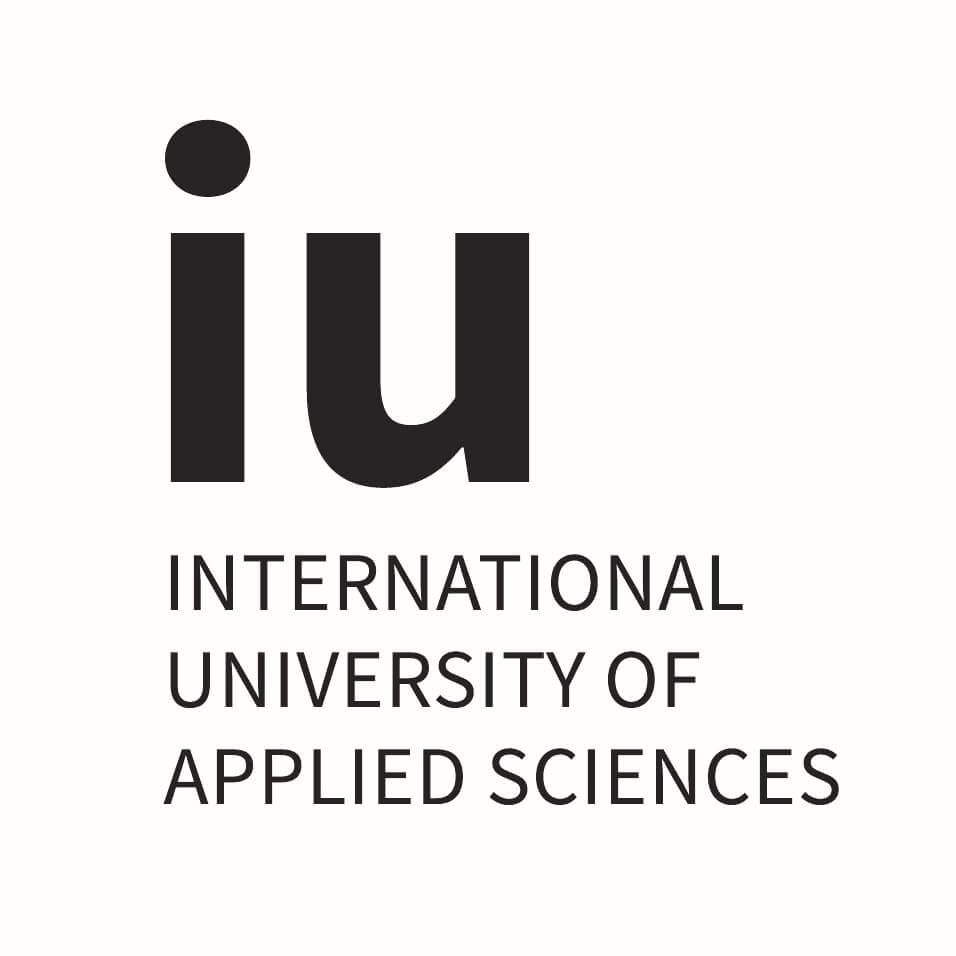The University of Edinburgh is a world-class research-intensive university that has been shaping the minds of students for over four centuries. Founded in 1583, it is one of Scotland's ancient universities and the sixth oldest university in the English-speaking world. The university is located in the beautiful and historic city of Edinburgh, which is known for its rich cultural heritage, stunning architecture, and lively atmosphere.
The University of Edinburgh offers a wide range of undergraduate and graduate programs in a variety of disciplines, including arts, humanities, social sciences, sciences, engineering, medicine, business, and law. The university has a strong reputation for academic excellence, and its graduates are known for their high level of education and employability. The university is home to some of the world's most respected research centers and institutes, including the Edinburgh College of Art, the Royal Observatory, and the Human Communication Research Centre.
Throughout its history, the University of Edinburgh has produced many notable alumni, including economist Adam Smith, philosopher David Hume, and Sir Walter Scott, one of Scotland's most famous writers. The university has also produced seven Nobel Prize winners, including Alexander Fleming, the discoverer of penicillin, and Peter Higgs, who proposed the Higgs boson particle.
The University of Edinburgh is also known for its commitment to innovation and entrepreneurship. It is home to several leading research centers and institutes that specialize in areas such as artificial intelligence, biotechnology, and sustainable energy. The university also has a strong emphasis on student engagement, and it encourages students to participate in extracurricular activities, clubs and societies, and volunteer work.
The University of Edinburgh is a diverse and inclusive community, with students and staff from all over the world. The university provides students with a supportive and challenging environment, where they can develop the skills and knowledge they need to succeed in their chosen fields. The University of Edinburgh is consistently ranked among the top universities in the UK and the world, making it an excellent choice for students who are looking for a high-quality education and a great student experience.
Show less













